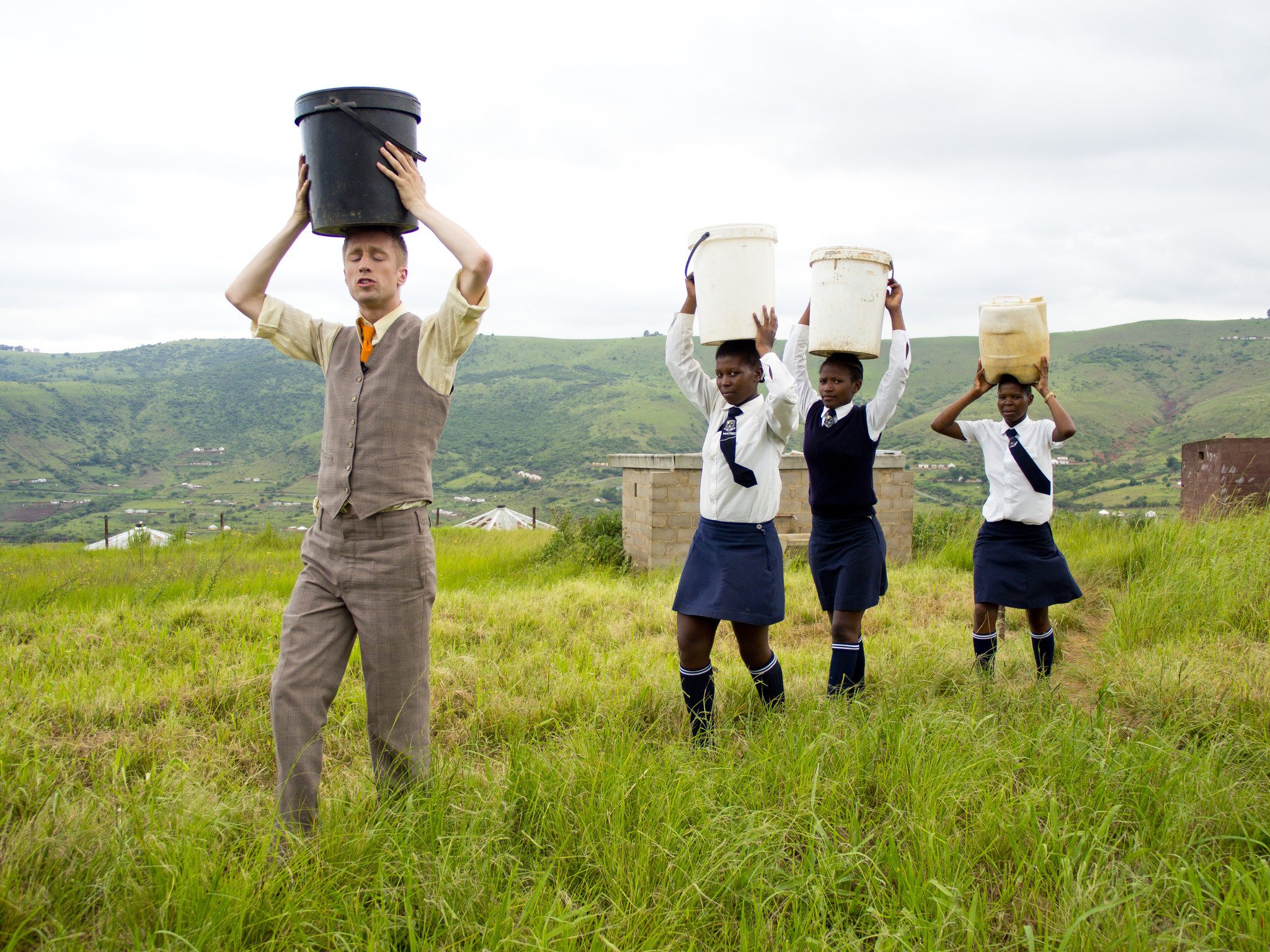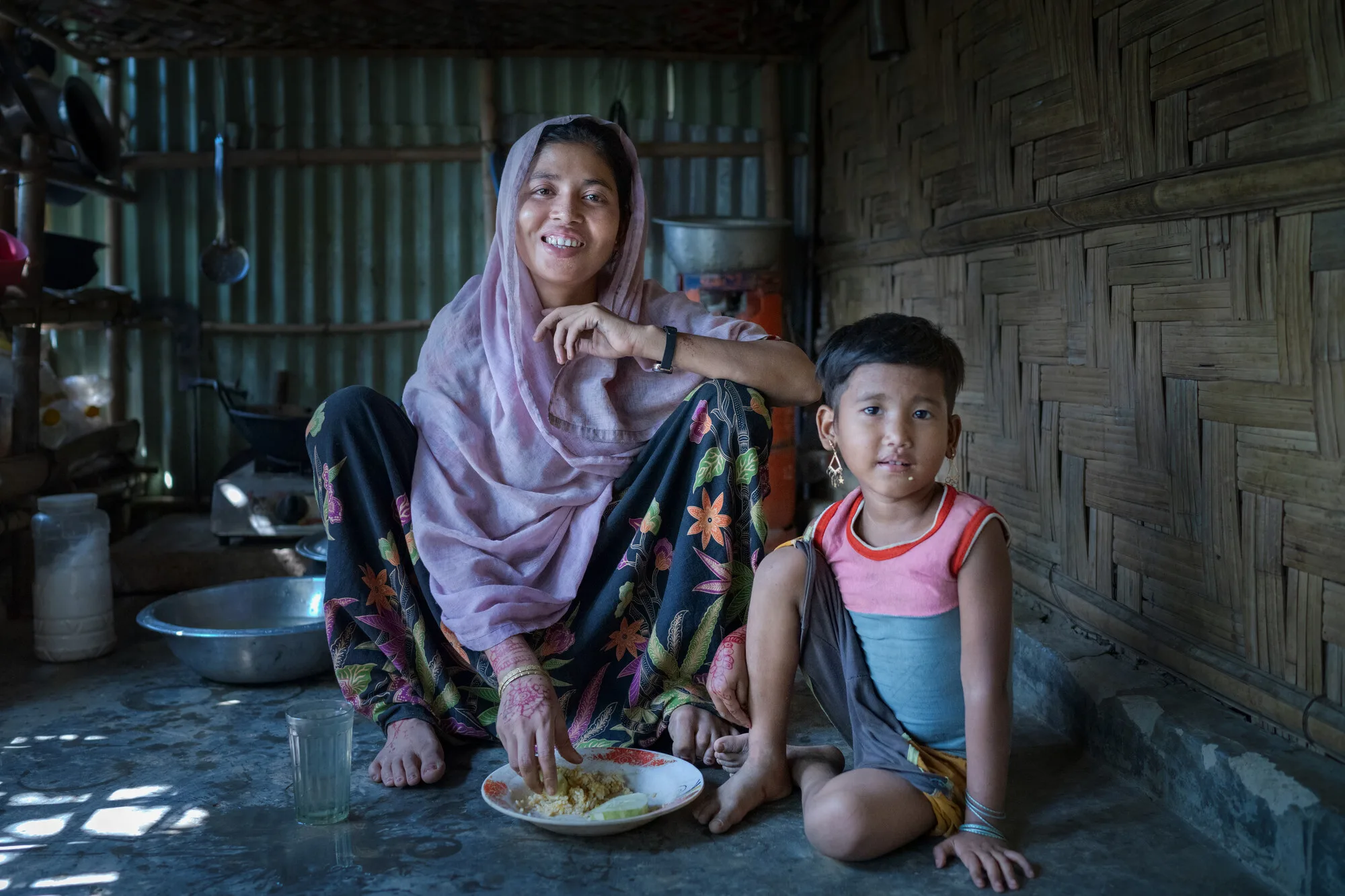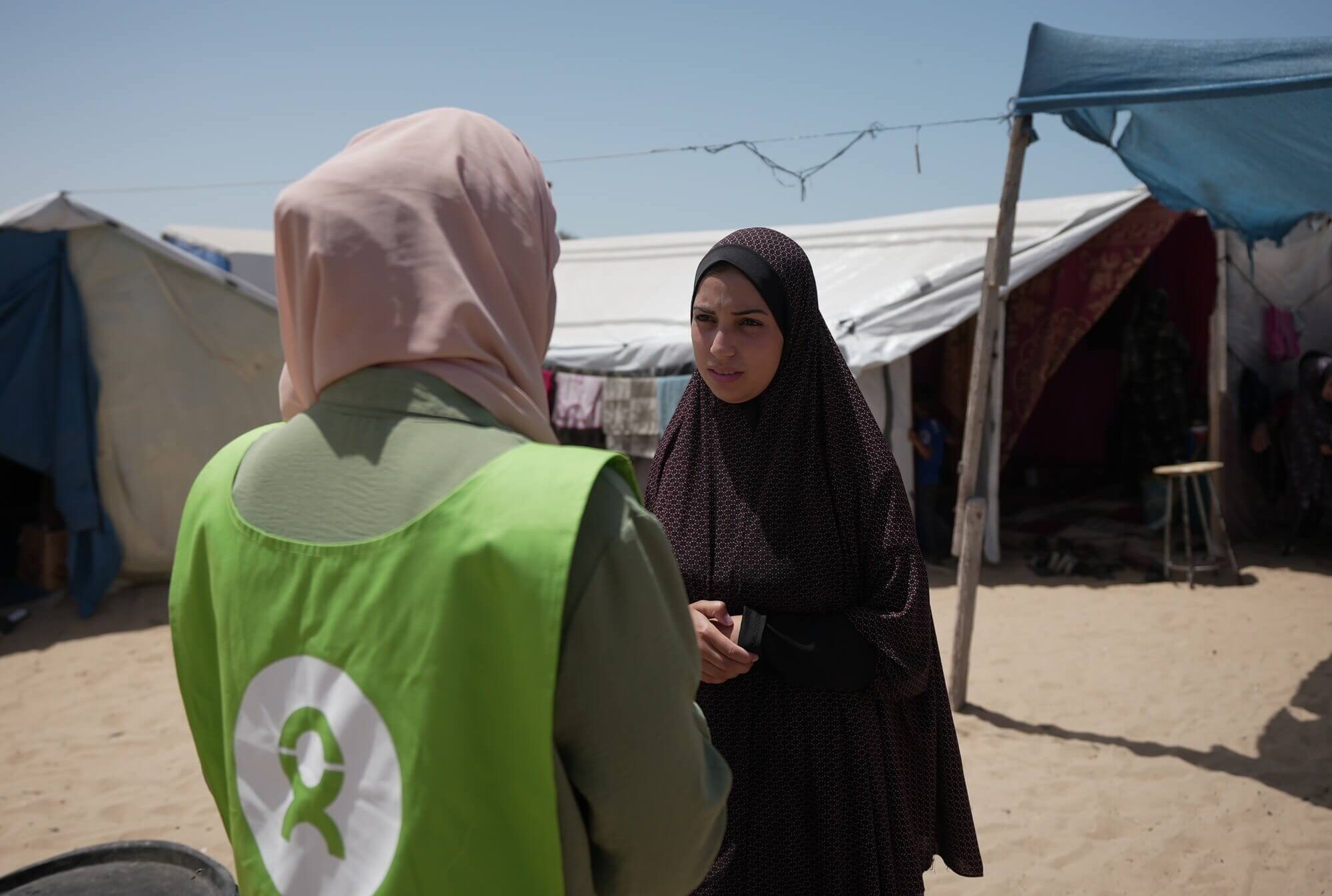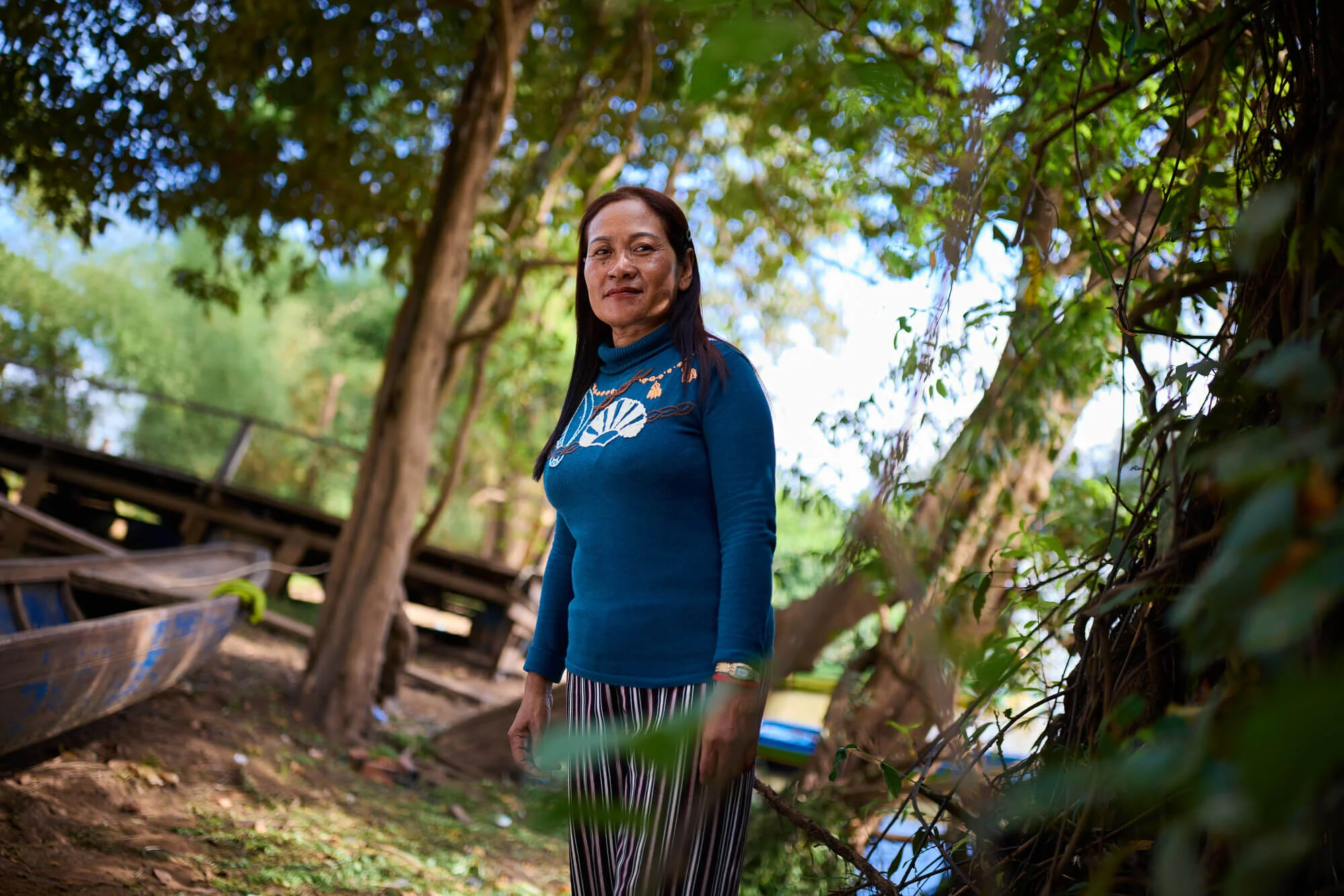Dirty water can cripple a community. Waterborne diseases mean children will miss school, and collecting clean water would take hours from a school day, every day. But now, with easy access to clean water, students at Dingizwe High School have more time for education.
Dingizwe High School is located high up on a hill in the Ufafa Valley in South Africa. In the mornings, a thick white fog fills the valley, making the hilltops look like islands in the sky.
It’s one of only a handful of schools in the Ufafa Valley — an area like much of rural South Africa, which is deeply affected by poverty. The school had no access to water; the only source was far below in the Ufafa River, which flows through the valley. In the middle of their school day, students had no choice but to leave class and collect water — a two-hour round trip.
“Some of the time we’re supposed to go into class and the other time we are supposed to go to the river to fetch the water,” says the school’s student president, Msizi Lugaju. “Even the water that we fetch from the river, it is not actually clean, it is dirty.”
In 2008, Oxfam started working in the Ufafa Valley with Woza Moya, a community-based organisation set up to address the growing HIV and AIDS pandemics. Woza Moya’s team of community carers works throughout the valley to provide home-based care for people living with HIV and AIDS. Woza Moya also runs a pre-school and helps community members grow vegetable gardens, breed chickens and earn a living by producing handicrafts.
When Oxfam started working with Woza Moya, we discovered a glaring need for access to clean water, sanitation and hygiene for the community. Diarrhoea was rife. People living with HIV and AIDS weren’t able to hold down their medication. Children were missing school and parents were too sick to go to work. Waterborne diseases were crippling this community.
“With Oxfam’s support, we’ve managed to put a rainwater harvesting system in a school that had absolutely no access to water. Learners were taking very valuable time out of class to walk to a river kilometres away to collect water on a daily basis,” says Woza Moya Director Sue Hedden, an extraordinarily spirited woman who is deeply committed to this community.
“Our long term vision for Dingizwe is very exciting, and you know, quite a high ideal we have. We would love to be able to develop that school community into a model WASH (water, sanitation and hygiene) environment where other schools and others can come and just see what is possible.
You know, here is a very poor, deep rural school, that had absolutely no access to water, you know, sanitation facilities that were just non-existent, not functioning and we would love to be able take that to the complete opposite end of the spectrum.
And ja, make it a place of excellence where others can really come and learn and see that it is possible for any school to be able to do this.”
Donate today to help more children access clean water and their education



